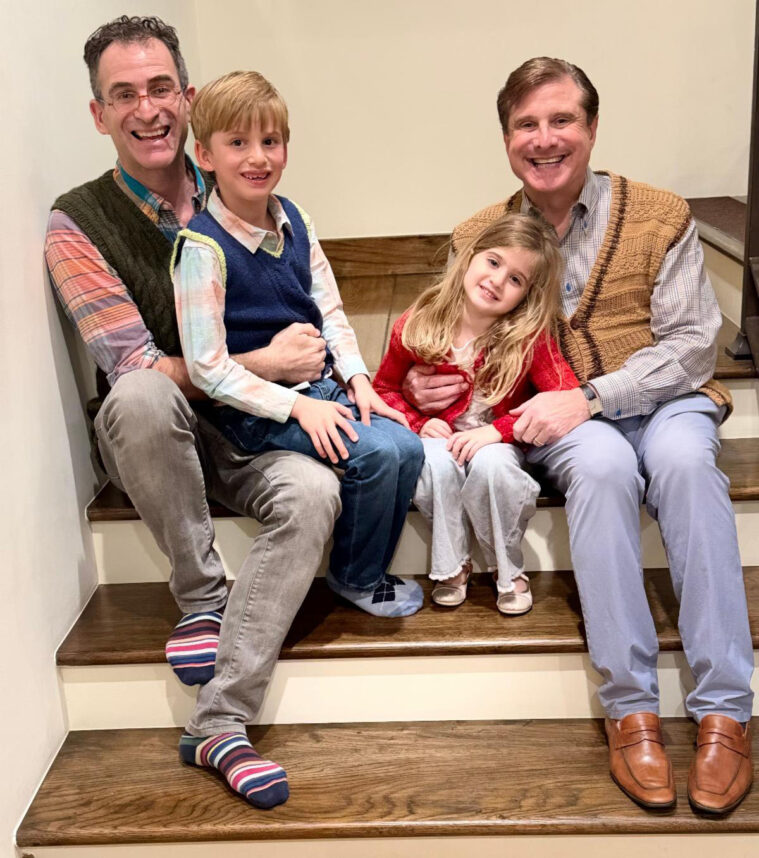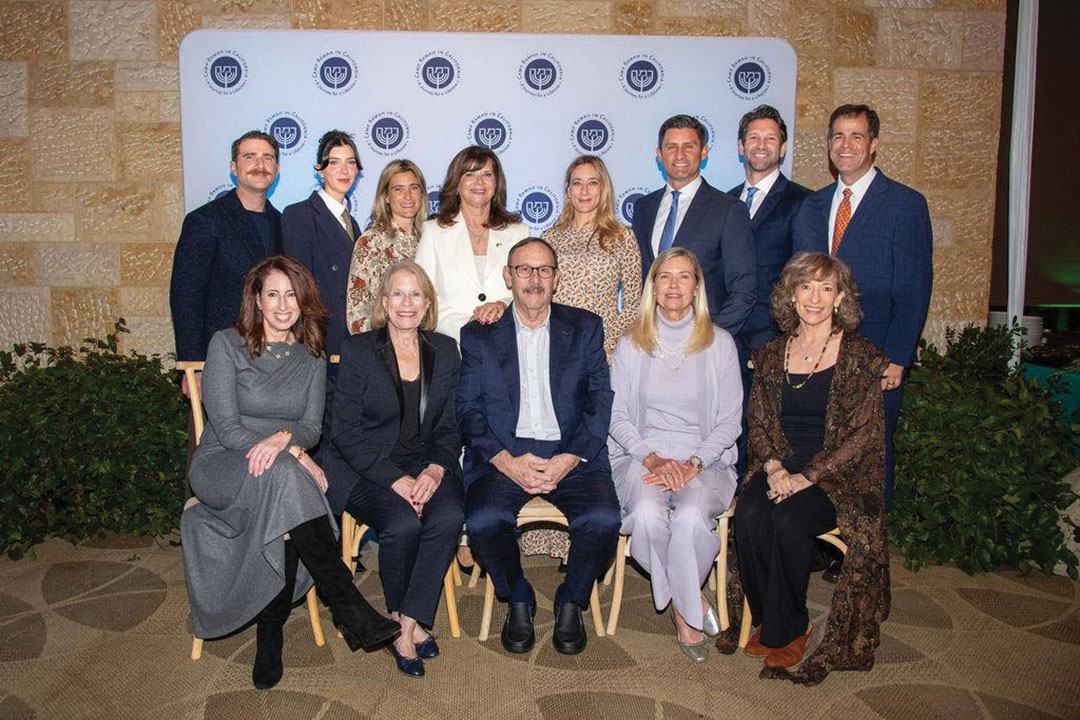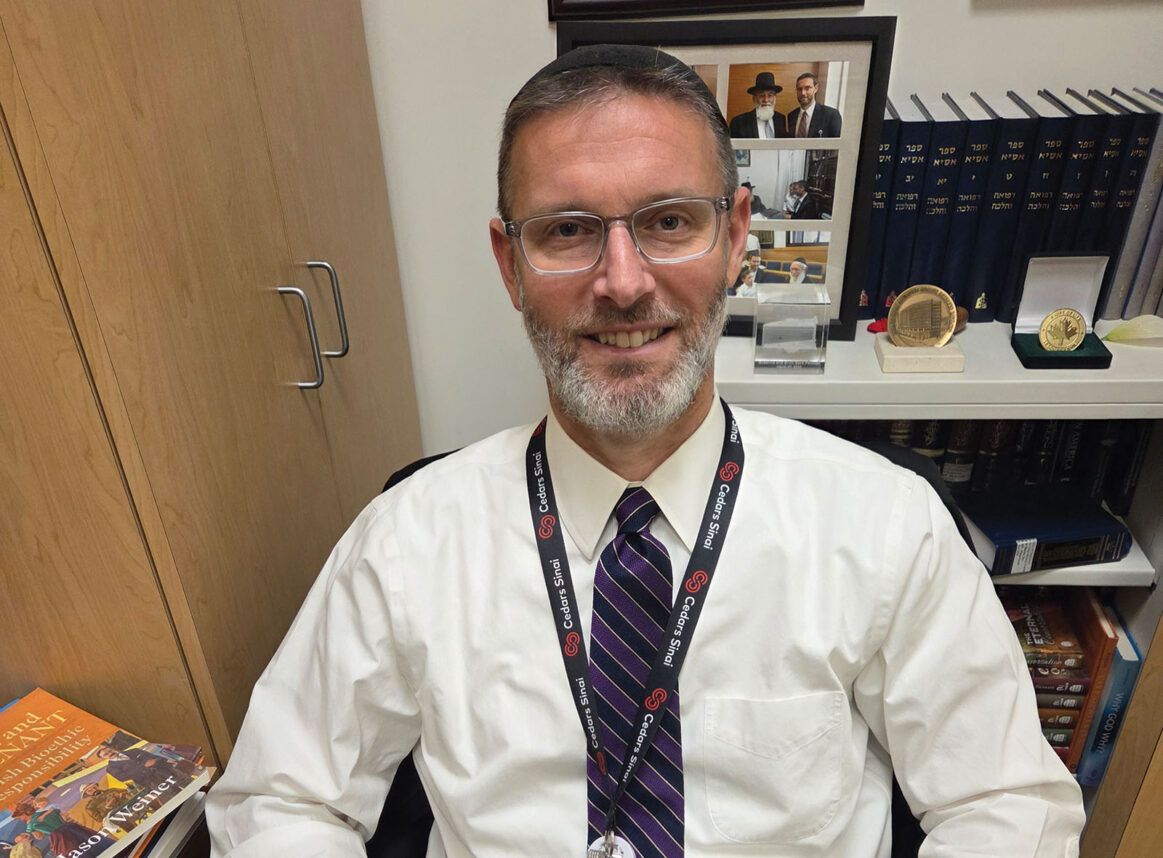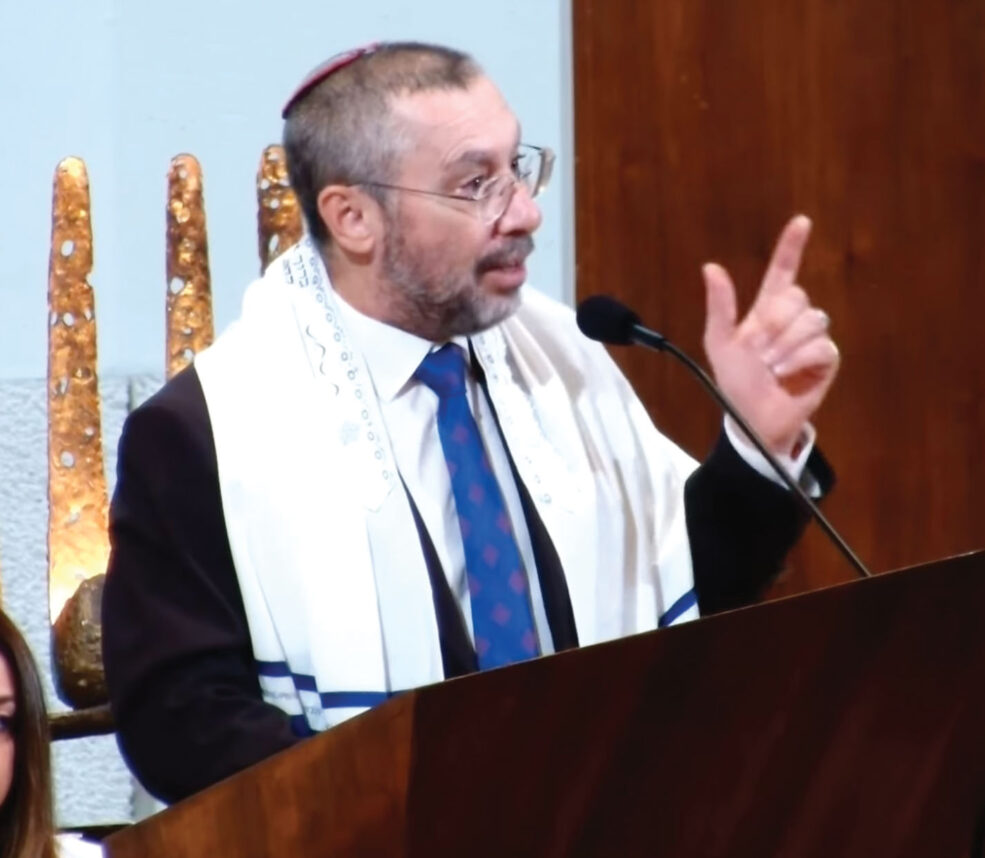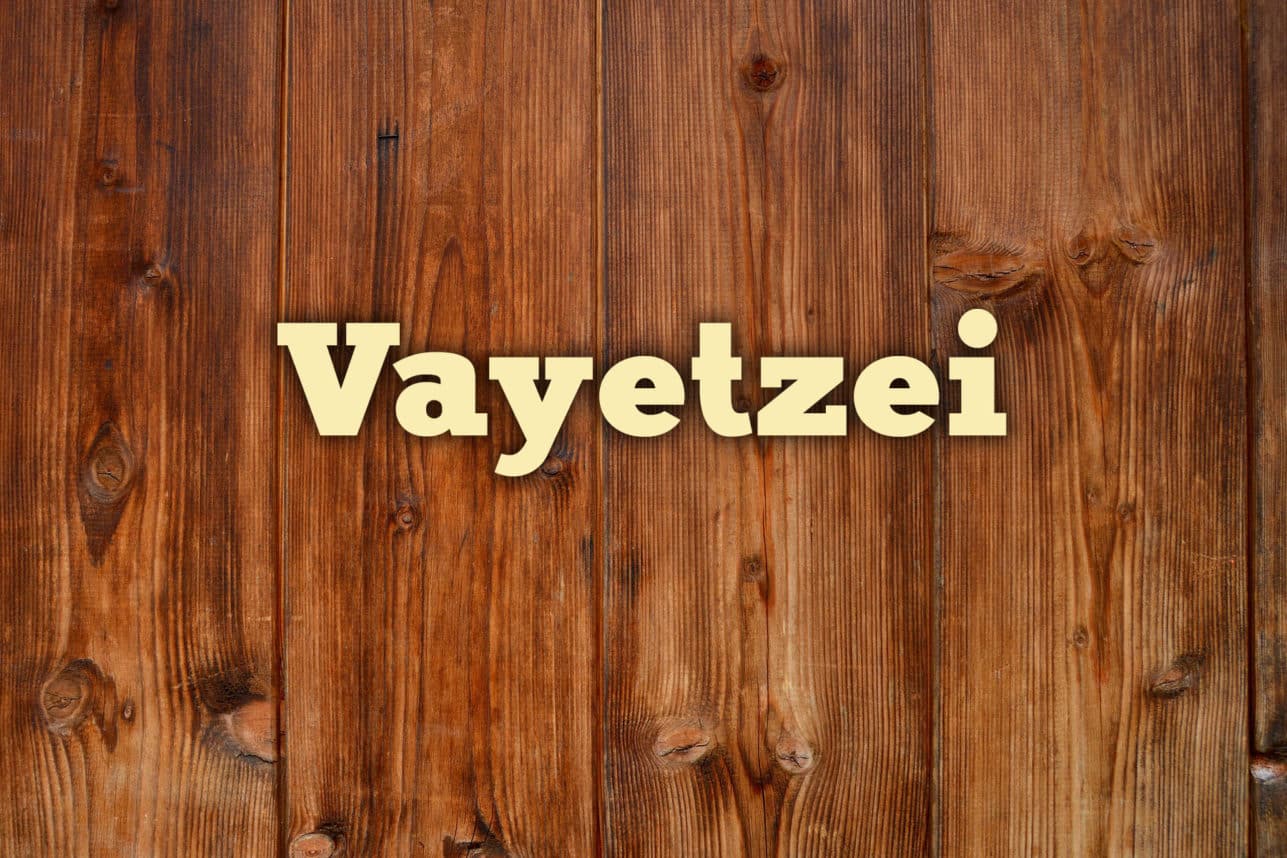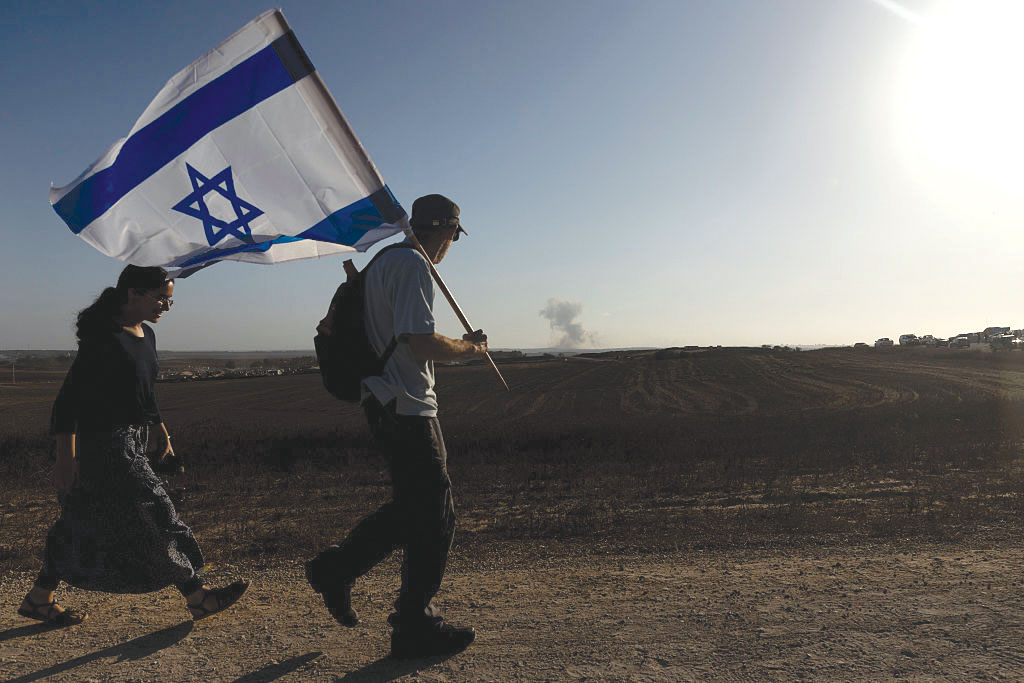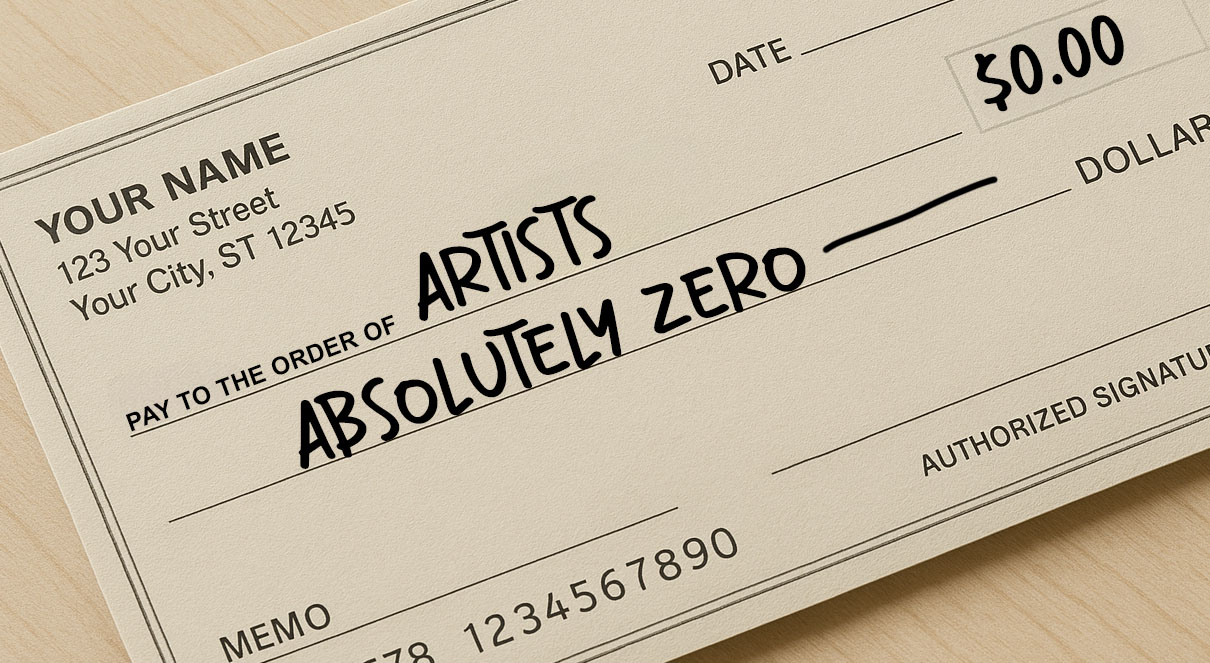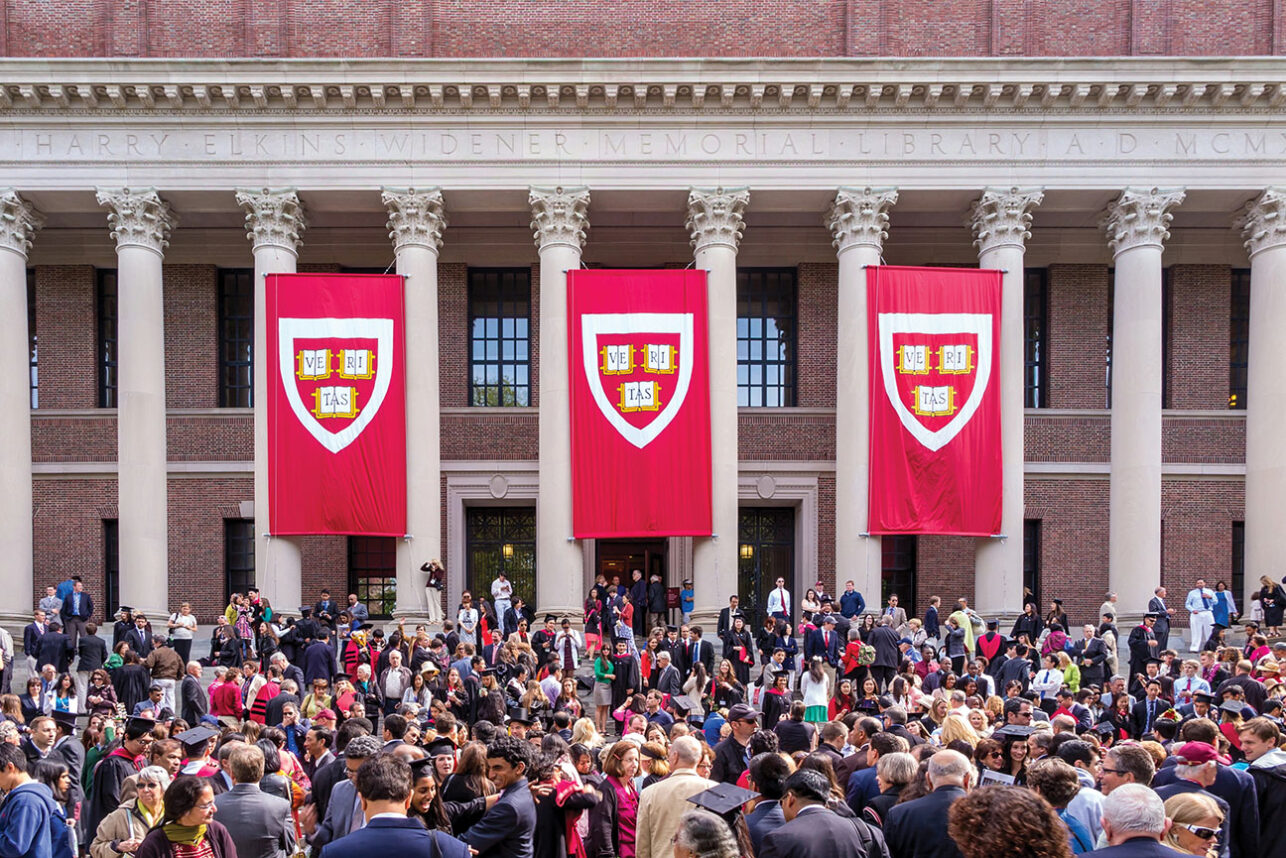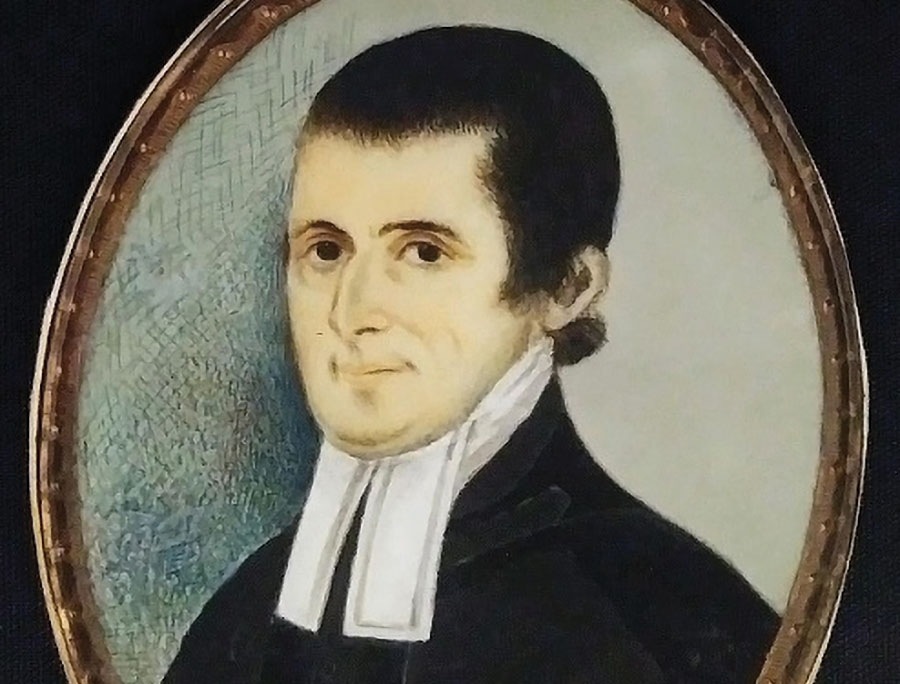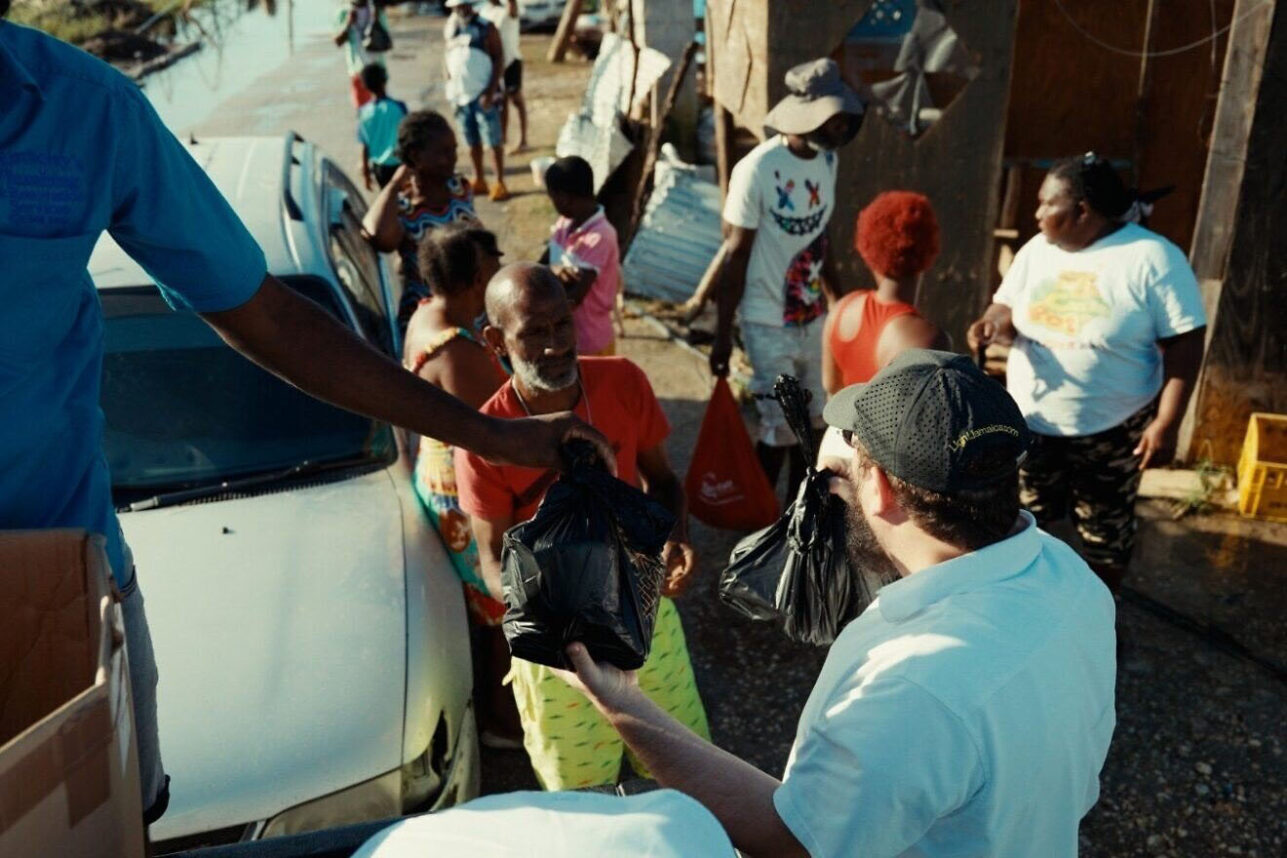In 1961, a saddened and disheartened 23-year-old Algerian school teacher and musician named Gaston Ghenassia was merely one of the thousands of refugees on a ship bound for France, leaving his homeland in the aftermath of the Algerian Revolution. Little did he know at the time how defining a moment it was to become in his life.
For it was on that very ship ride that Ghenassia wrote “Adieu, Mon Pays” (“Goodbye, My Homeland”), the song that would not only launch his music career, but make him one of France’s hottest singer-songwriters and an international star.
Almost 40 years and more than 500 songs later, the entertainer, now known as Enrico Macias, tours the world playing sizable venues. In fact, his appearance next week at the Universal Amphitheater will complete his current tour of North America, where his loyal fans will appear yet again to see him perform his hits; compositions — such as “Oh Guitare, Guitare” and “Ma Maison, Ma Maison” — which have managed to reflect his Sephardic spirit even as they captured the imagination of France.
Born in Constantine, Enrico Macias lived a pied -noir existence in Algeria, often playing local concerts with his greatest creative influence — his musician father-in-law. But it was following his exile from Algeria that a deep social consciousness began to permeate Macias’ songwriting with tunes like “La Tolerance.”
“Always misunderstanding comes with the silence,” Macias recently told the Journal, “And I hate the silence…my job is to break the silence [through my music]…to build dialogue.”
Macias’ Jewish lineage is also at the heart of many of his signature recordings. He has sung Ashkenazi standards “Kol Nidre” and “Poi Poi Poi” and wrote “Six Millions De Larmes” (“Six Million Tears”) as a reaction to the Holocaust. One of his most popular songs, “Juif Espagnol” (“the Spanish Jew”), synthesizes his twin musical interests — his heritage and global brotherhood — in a simple and vulnerable first-person plea:
“I am a Spanish Jew/
I am a Greek-Armenian/
I am a French Creole/
I am a Jewish Arab/
I am every place where people reach out to each other.”
Over the course of his stellar career, Macias has toured the world many times over. He has recorded tracks in English, Hebrew, Spanish and Arabic. He sang before Prince Rainier and Princess Grace of Monaco, and entertained Israeli troops on the front lines during the 1967 Six Day War. In 1997, Macias was designated a United Nations Goodwill Ambassador, alongside Actor Michael Douglas.
But one of the greatest highlights of Macias’ life came in September 1979, when he played a command performance for a very special fan — Anwar Sadat. Meeting the Egyptian president made a great impact on the singer, and when Sadat was assassinated only weeks later, Macias was compelled to write the song “Un Berger Vient De Tomber” (“A Shepherd Just Fell”).
“He was a martyr for peace,” says Macias of Sadat. “He gave us the example and now we follow his example…When Rabin died, they asked me to write a song for Rabin. I said that I already wrote the song – “Un Berger Vient De Tomber.” Unfortunately the song is the same.”
Macias’ latest release, an album dedicated to his father-in-law mentor titled “Hommage au Chef Raymond,” takes the entertainer full circle back to his classic Algerian roots. As for his work as a U.N. emissary, Macias — who has met with refugees all over the world and spoken to the presidents of their countries — says that he finds himself in a privileged position.
“I cannot change the world,” says the singer. “I can only be an example. I am a witness, not a moralist.”
Enrico Macias will culminate his North American tour at the Universal Amphitheater on Nov. 4 at 8:30 p.m. For more information, call (310) 273-2824.













